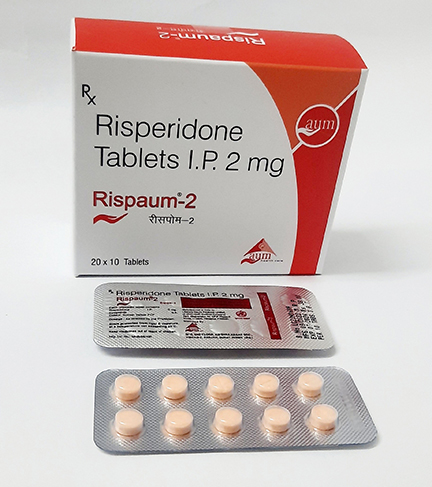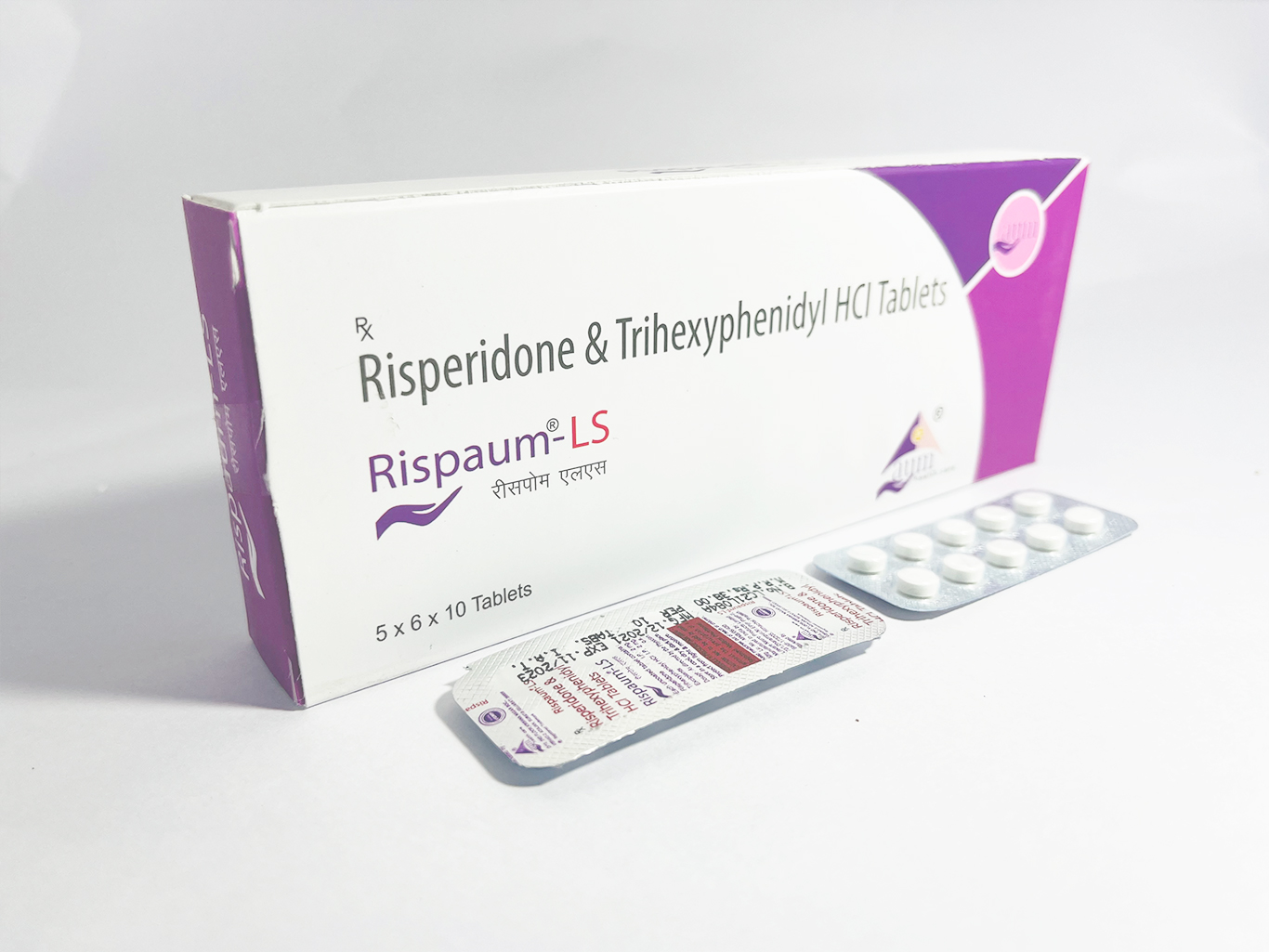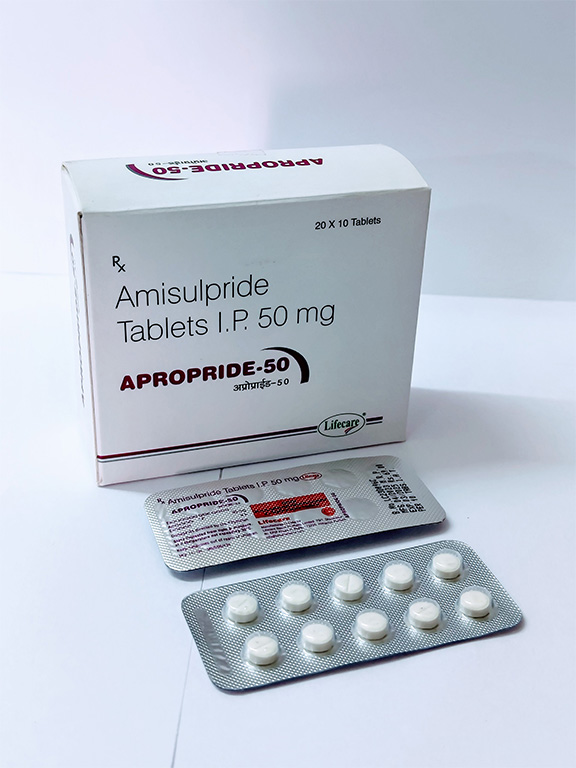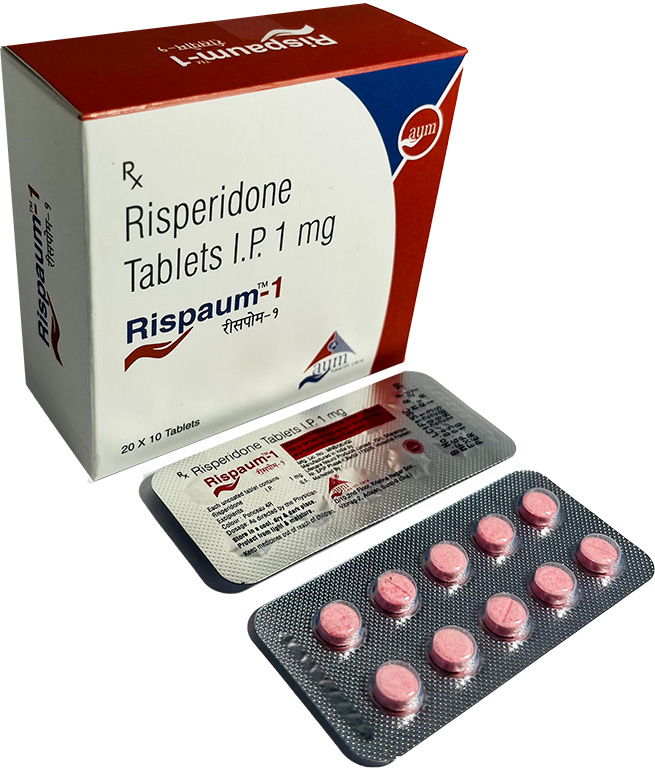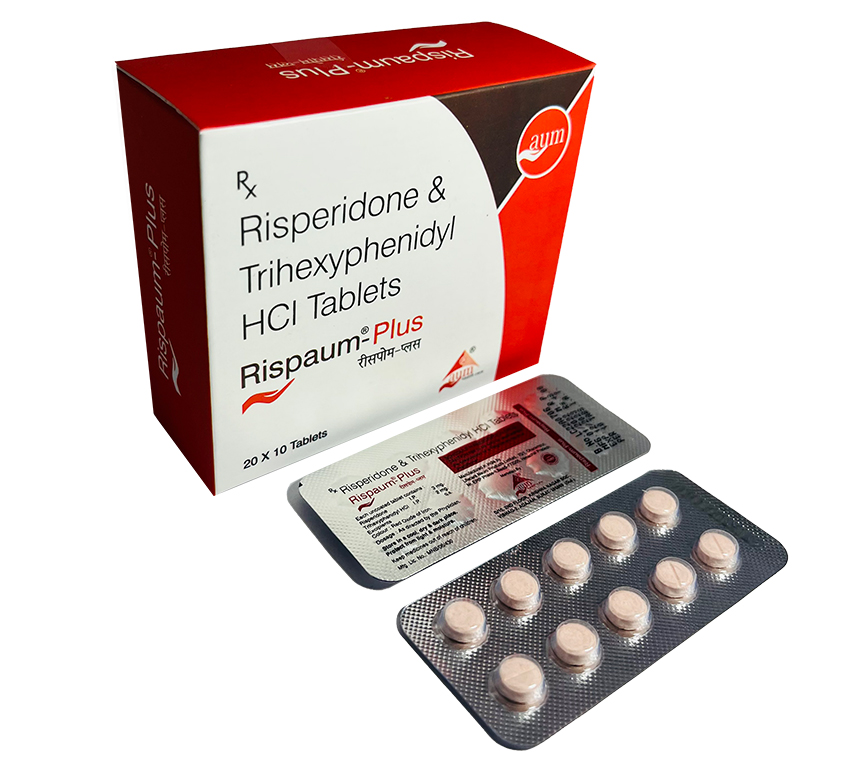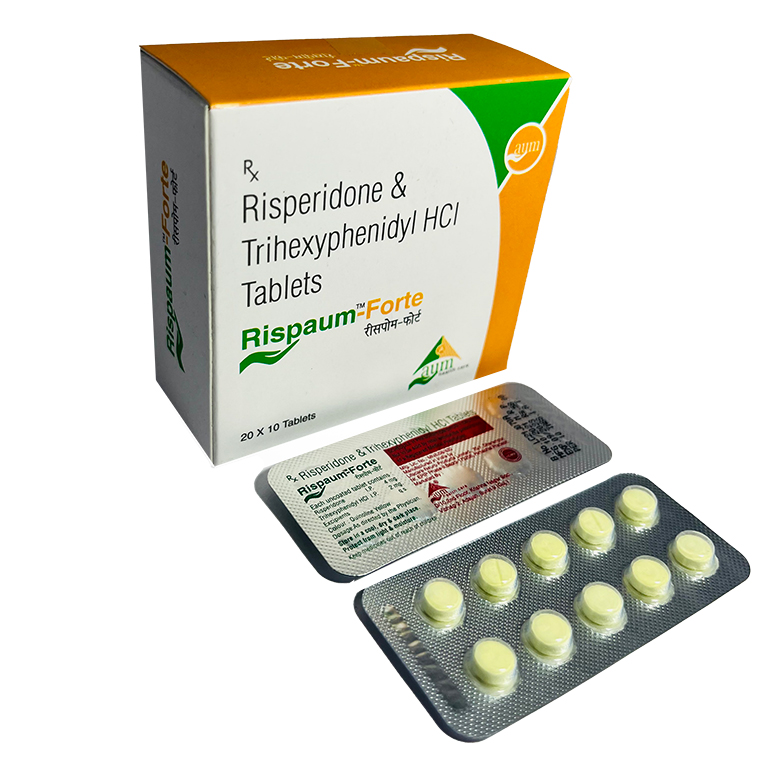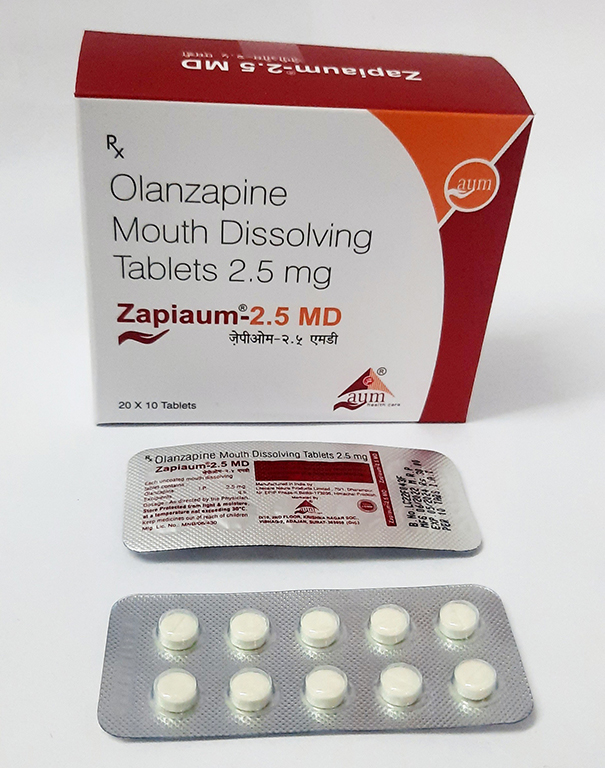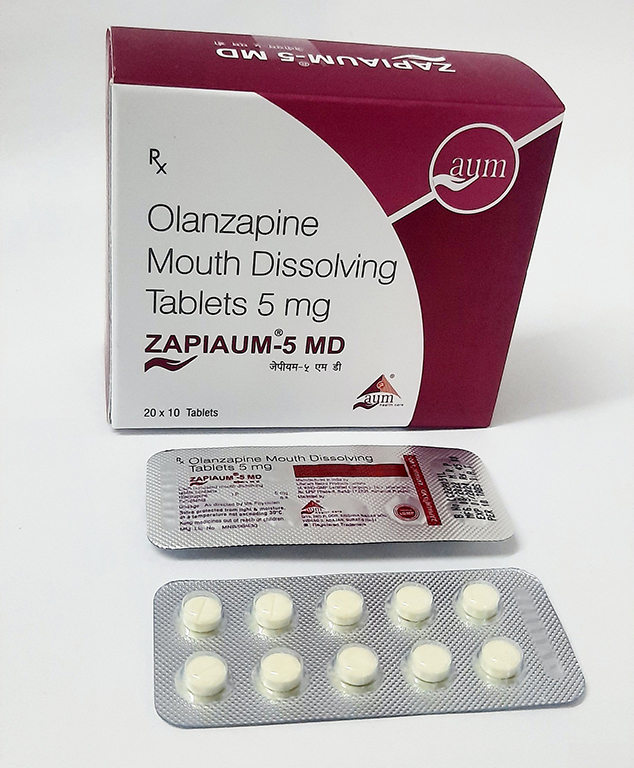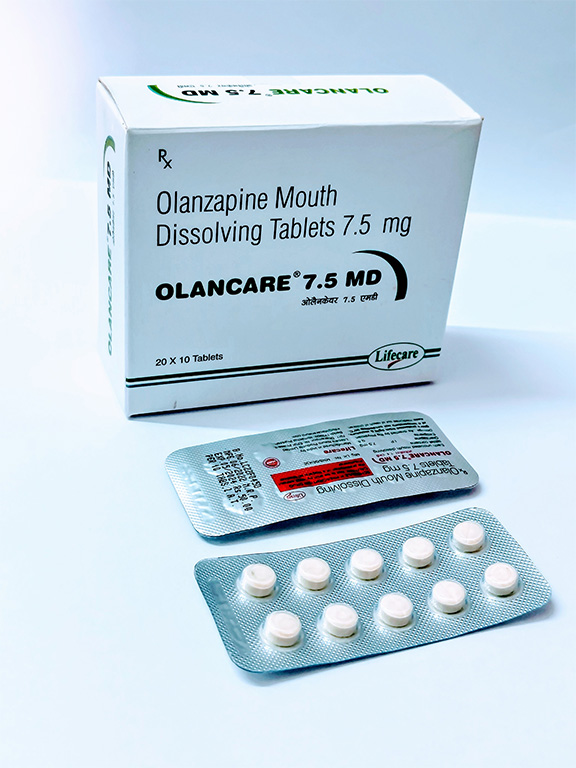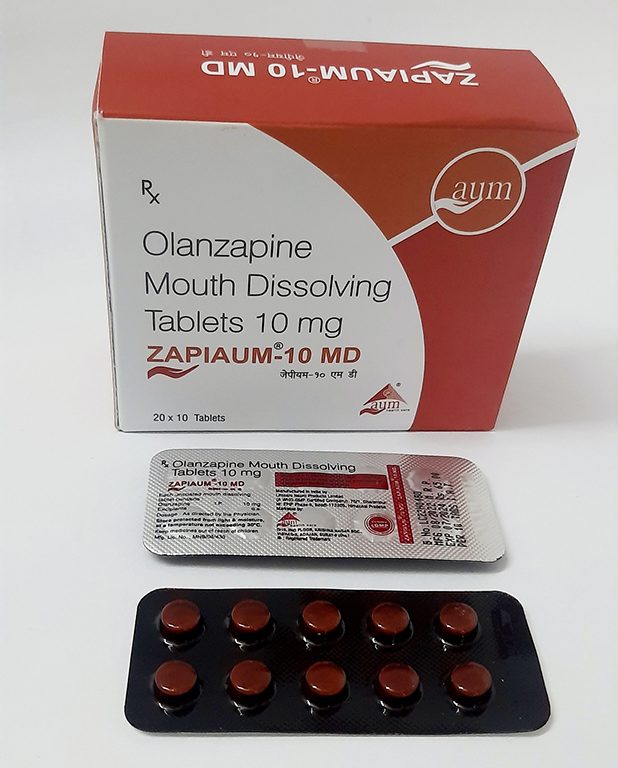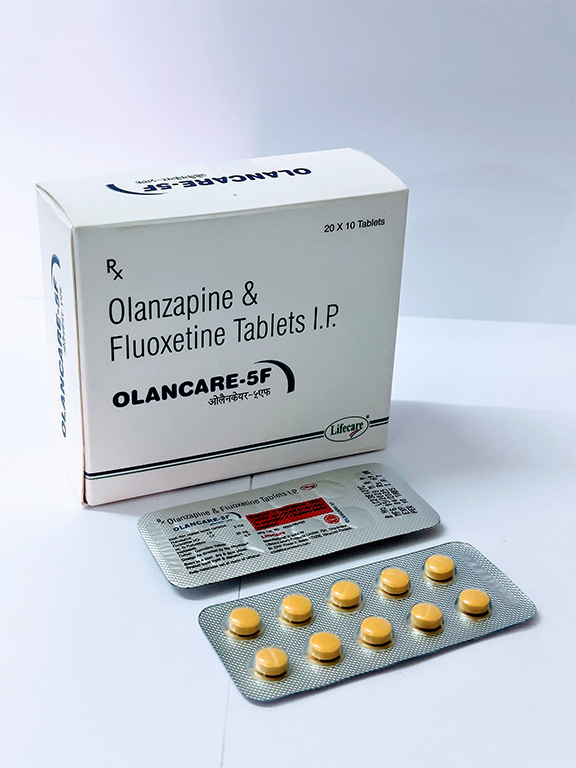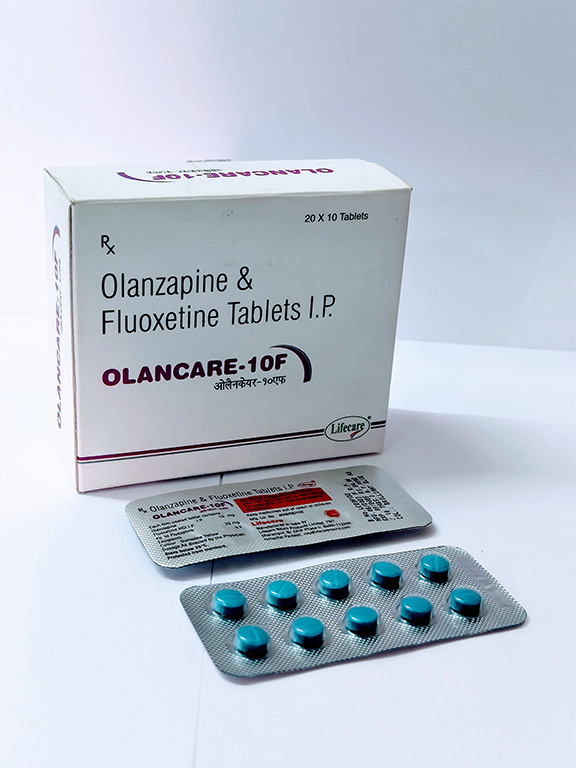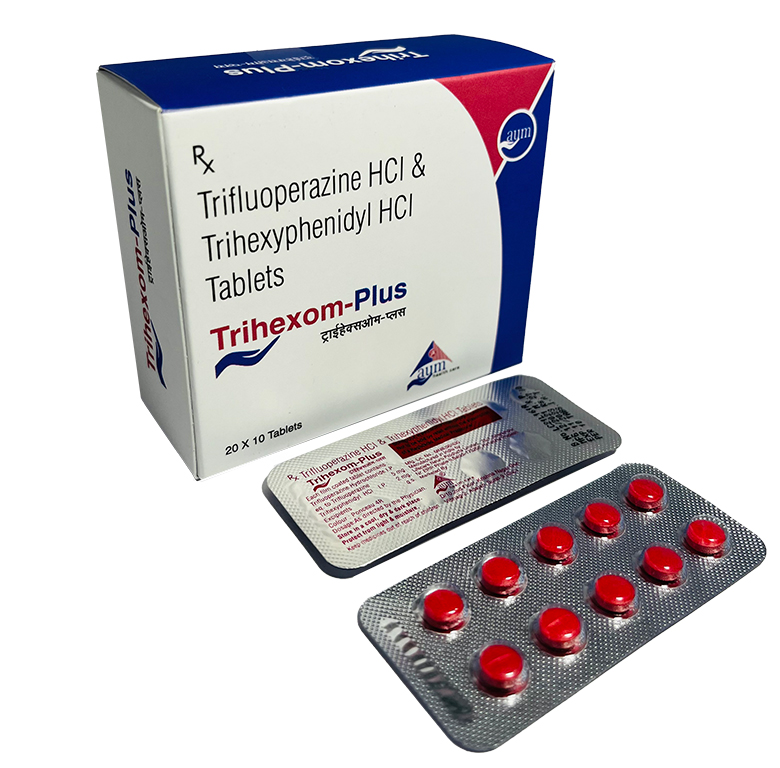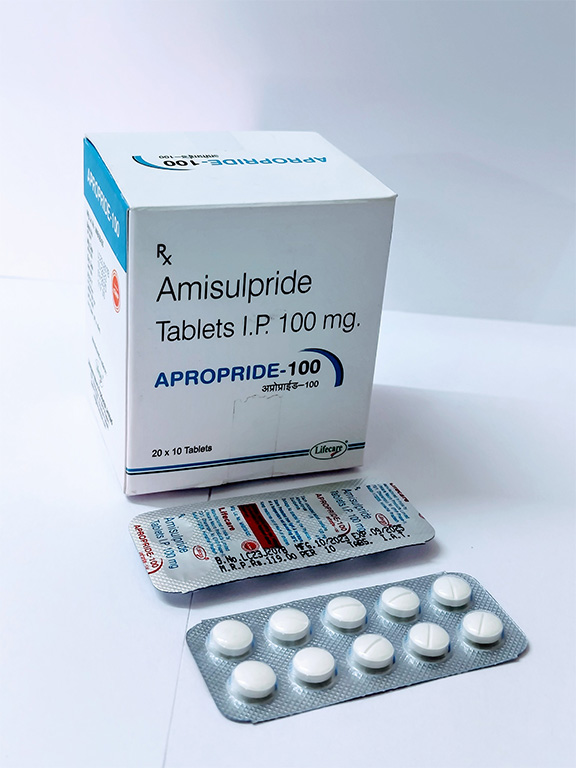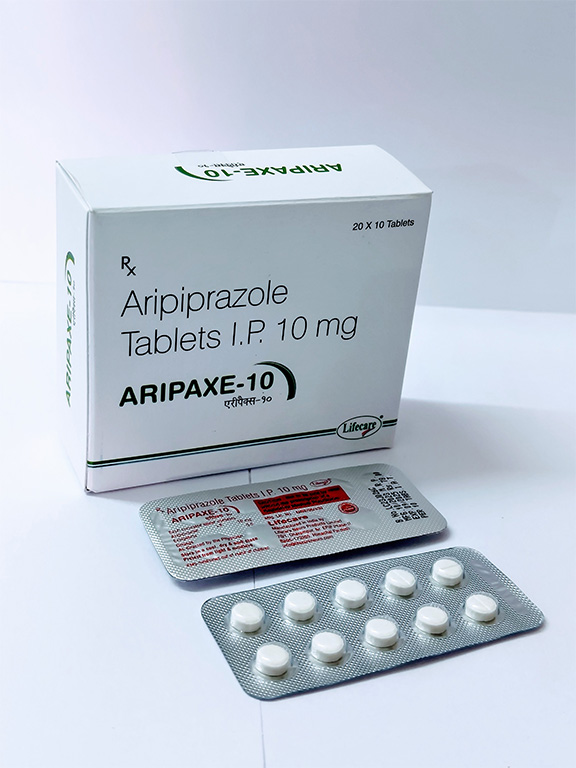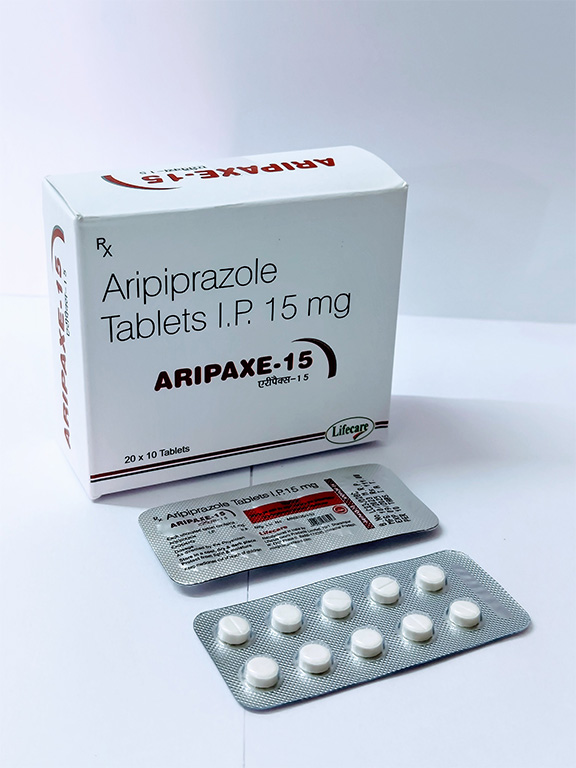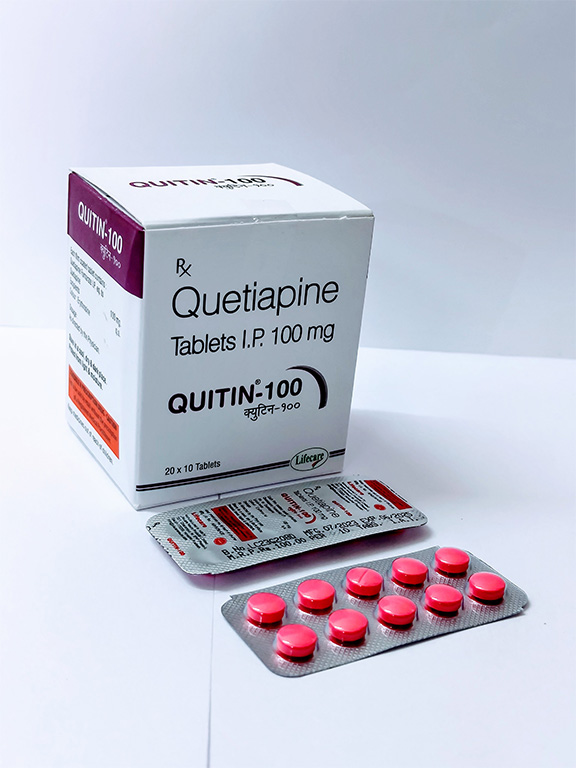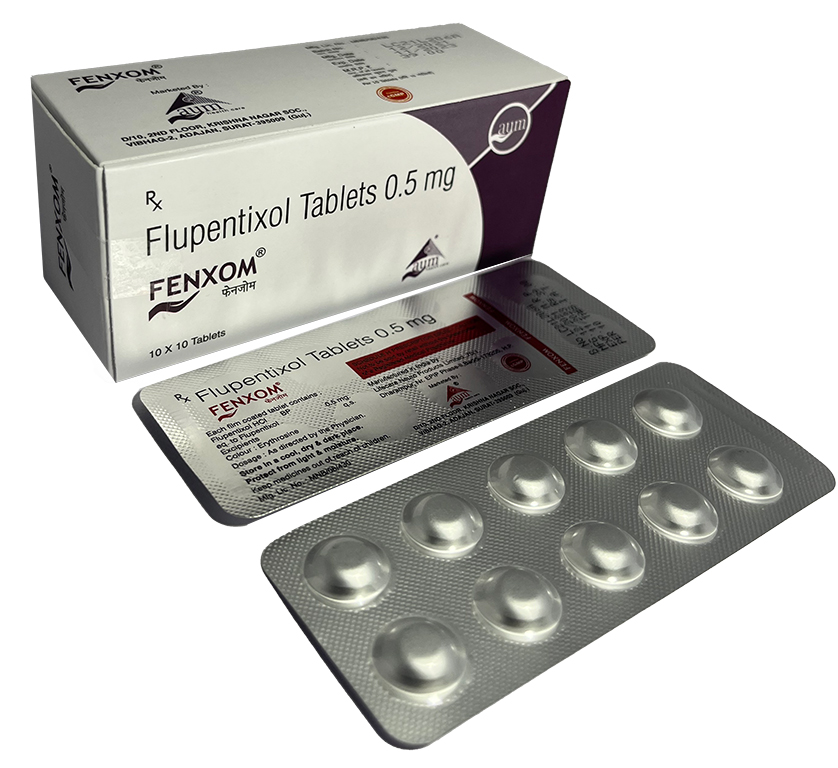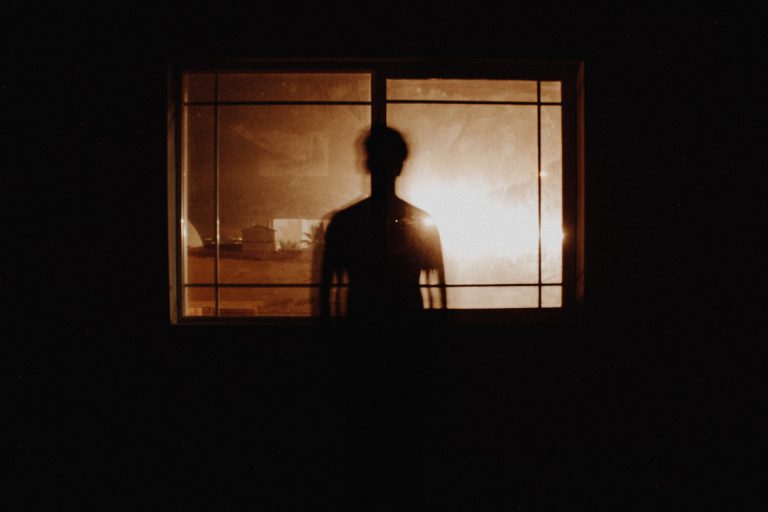
First-generation antipsychotics (e.g. chlorpromazine), known as typical antipsychotics, were first introduced in the 1950s, and others were developed until the early 1970s. Second-generation antipsychotics, know as atypical antipsychotics, were introduced firstly with clozapine in the early 1970s followed by others (e.g. risperidone). Both generations of medication block receptors in the brain for dopamine, but atypical tend to act on serotonin receptors as well.
Antipsychotics are most frequently used for the following condition :
- Schizophrenia
- Schizoaffective disorder most commonly in conjunction with either an antidepressant (in the case of the depressive subtype) or a mood stabiliser (in the case of the bipolar subtype).
- Bipolar disorder (acute mania and mixed episodes) may be treated with either typical or atypical antipsychotics, although atypical antipsychotics are usually preferred because they tend to have more favourable adverse effect profiles and according to a recent meta-analysis, they tend to have a lower liability for causing conversion from mania to depression.
- Psychotic depression. In this indication, it is a common practice for the psychiatrist to prescribe a combination of an atypical antipsychotic and an antidepressant as this practice is best supported by the evidence.
- Uncontrollable movements of the jaw, lips and tongue. This is known as tardive dyskinesia.
- Uncomfortable restlessness, known as akathisia.
- Sexual problems due to hormonal changes.
- Sedation.
- Weight gain.
- A higher risk of getting diabetes.
- Constipation.
- Dry mouth.
Duration of treatment for psychosis :
The course of recovery from a first episode of psychosis varies from person to person. Sometimes symptoms go away quickly and people are able to resume a normal life right away. For others, it may take several weeks or months to recover, and they may need support over a longer period of time.
3 Stages Of psychosis :
Although psychosis is a highly individual experience, a typical psychotic episode progresses through three distinct stages: the prodromal phase, the acute phase, and recovery.

